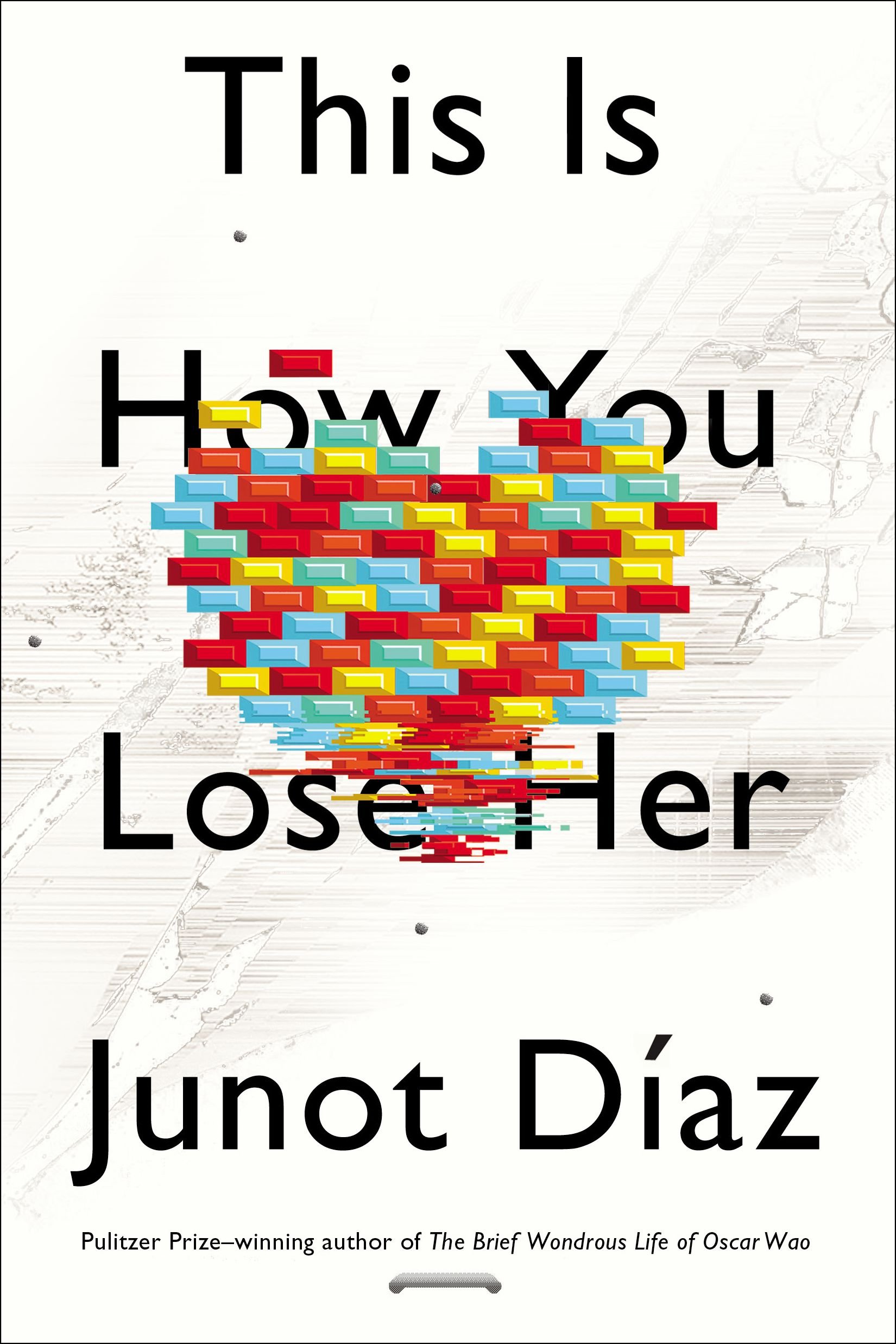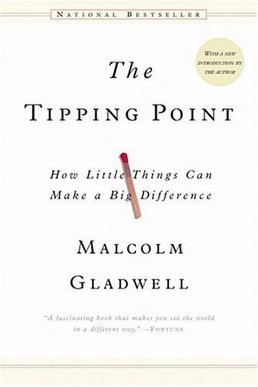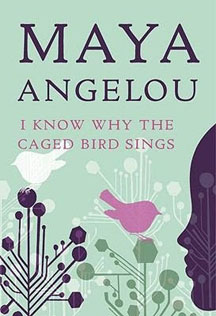213 Pages
Hardcover
Fiction
2012
I read one of Diaz' other books called The Brief and Wondrous Life of Oscar Wao a couple years ago and I really like it a lot. I had keep my eye open for his other books and I pick this up at a used book store.
This isn't a novel. It is a collection of short stories. The book is supposedly fiction, but it comes off as extremely real. Much of the stories revolve around a man known a Yunior. Each chapter is devoted to the end of a relationship. Sometimes it is his own and other times it is people around him. It shouldn't be surprising that the book is a bit depressing as it goes forward.
Junot Diaz' writing fits me well. He and I are of similar age and he uses language that I am used to. I feel like he is telling me a story while we are having a beer. Sometimes he is the asshole in the situation and deserves to get left. At other times our heart breaks with him. It seems as if much of the stories are meant to entertain and humor is a part of the story when we start to experience his brother's battle with cancer it is more somber.
The book is short, but it packs a punch with its subject. That said, I wasn't as into the book as I expected. Reading the story of people getting left repeatedly made it a bit difficult. The last story deals with how to deal with a break up when it was your fault. It was funny, but I found it hard to relate.
3 Intellectual/Emotional - Since is was a series of short stories it was harder to get attached to the characters. Though Yunior was a reoccurring character; I never cared all that much about him. The book does focus on love and how it can hurt. This emotion is the setting of the book.
4 Style/Readability - Diaz' writing is great. Regardless of the subject he makes things seem so real. I don't feel like it is fiction, but the real stories of his life.
2 Long Term Impact - Diaz has already won a Pulitzer Prize. He is going to be influential for some time. I think that this is going to be for his other work more than this though.
9 out of 13. I love his writing, but this subject didn't do it for me and that was the killer. I would suggest reading The Brief and Wondrous Life of Oscar Wao then maybe looking at this is you are a big fan. Otherwise, you'll probably be happier with something else.
Keep Turning Pages


